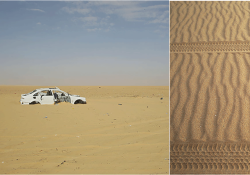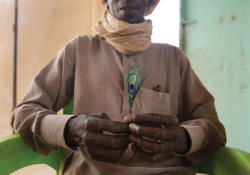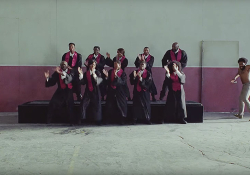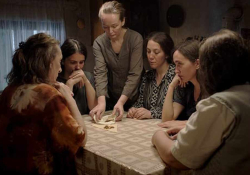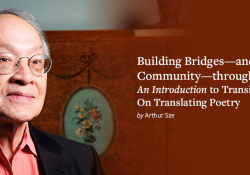Alien Citizen Field Notes: An Introduction
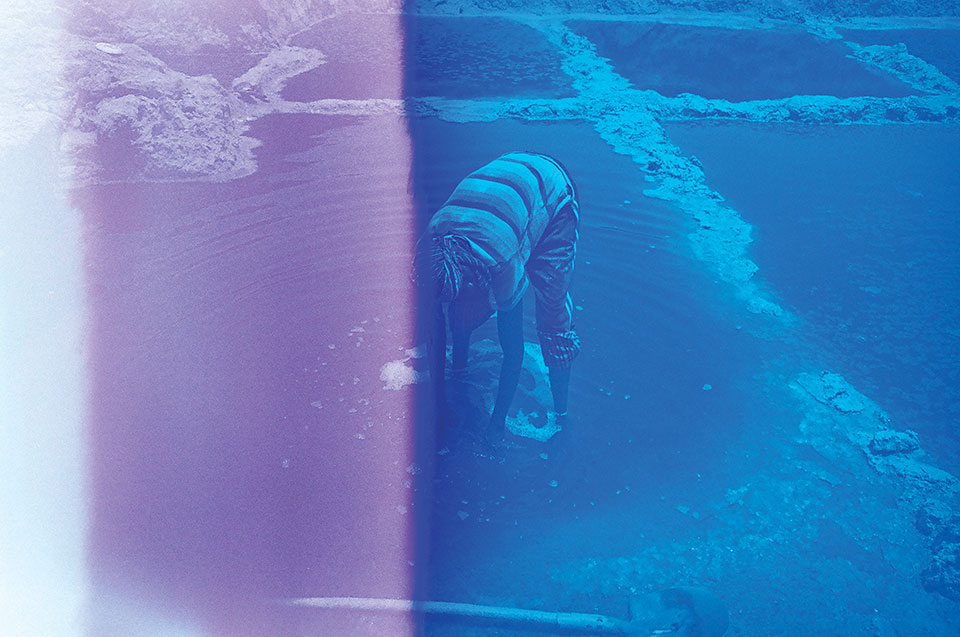
In this lyrical introduction to her Alien Citizen Field Notes project, Ladan Osman challenges the “dubious ability to focus past one’s own unseeing.”
A woman says: Why did you return? But the meaning is closer to: Why did you double back? Her son’s answer is straightforward but I hear an echo of François Augiéras: “The best way to escape one’s enemies is to walk backwards over your own footprints.” Often the schism between Somali and English mirrors an image attributed to minds in distress: populations moving over an expanse of land with no clear destination. I start to say a lush thing, then take my tongue out of a damp shadow and into a constant sun. I try to hold one hand with the other, and I’m grasping for land from the middle of the Atlantic; lineage, yearning, inadequacy, an electricity that rends my elementary composition. Maybe this is the wayward static that causes my phone to automatically set my location to Mogadishu and disallows my correction. I stand in a winter night blinking into light because a widget and my internal rhythm insists it’s day, eighty degrees, breezing.
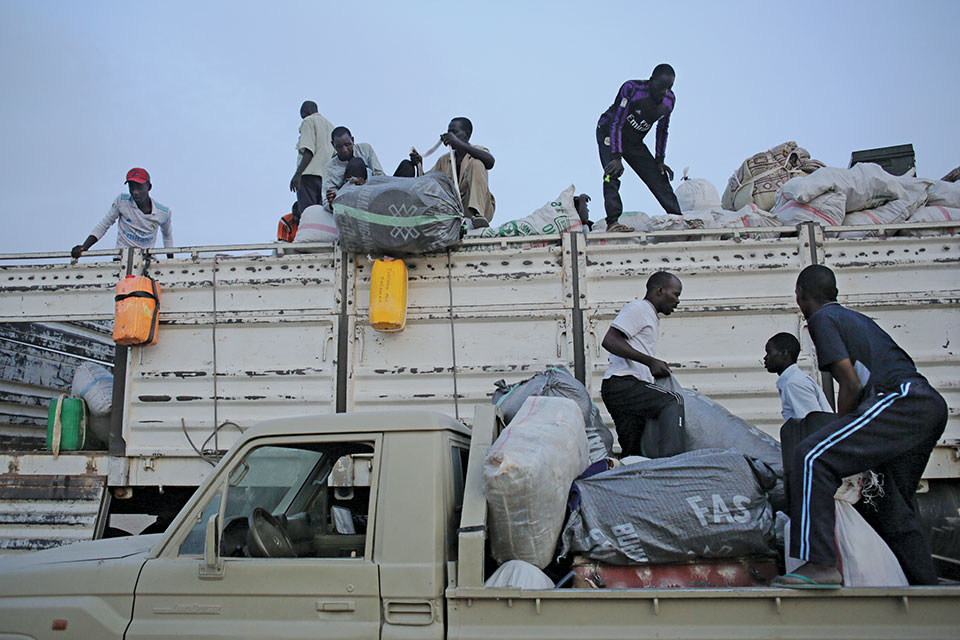
In a video on long-term resettlement, a woman says: The will of God returned my son to me (“will” as if plural, a blossoming thing). This is translated as: We finally found him. She concludes her interview with these words: Say: She told you: We’re waiting here for death. How many layers is this outside a narration, a positioning, oneself? It’s been a generation for her, elsewhere. It occurs to me despite the broken river of my home language, we share a similar tally of years, elsewhere. Sometimes our varied inventories of loss and recovery are delivered with a senselessness, similar to a person fatigued from crying. I begin to better understand the pain of the generation before me who act as time capsules, their accents, vocabularies, cadences, and the landmarks in their stories our tour into a less-fragmented past. Now an adult with my own souvenirs, neuroses, and metamorphoses linked to specific coordinates, I see how wild the choice or force to rear children in a country you don’t know, to learn a language for which you had little use only seasons ago, to find yourself many times a stranger: away from home, and not at home.
As we continue to make real the image attributed to troubled minds, whole populations scattering across earth, we may stop calling it a ruptured vision. We may then see, and mourn. After crying, after a senselessness: listening.
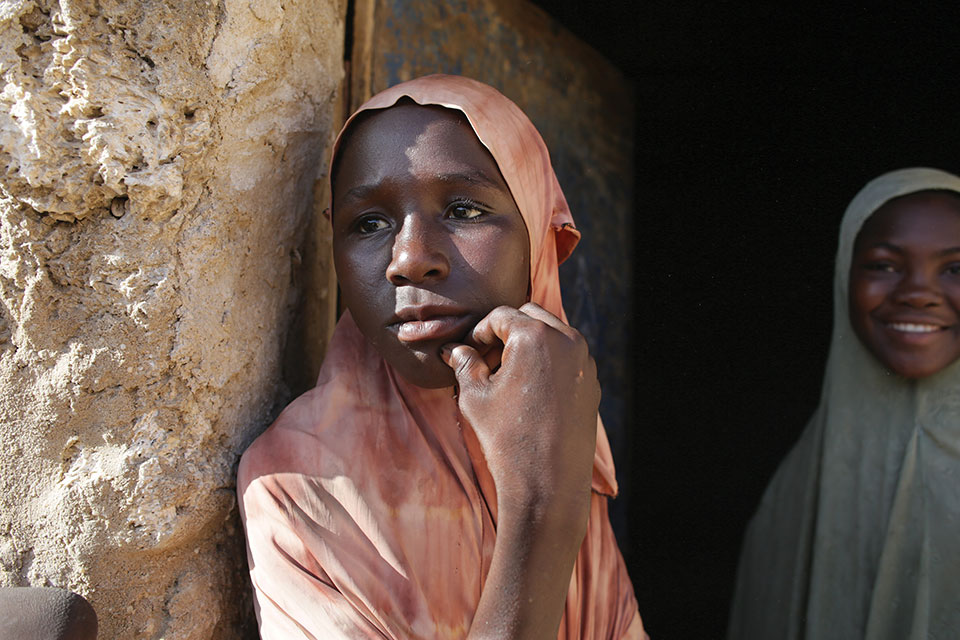
With poor translation, we lose specificity and poetry. This lack of recognition is replaced with a frenzied desire for categorization: What are you, where are you from, when did you come, how many came with you, who did you lose, how did it feel, have you gone back, why not. To identify is to dehumanize. If one can speak in cool mathematics about explosions, stacked corpses, those stranded in the desert, those who run to the sea when land becomes inhospitable: if one can aggregate histories into application forms: if one can call a nation failed, then laugh at another’s exile: if one can neglect what it means to run with your heart in your mouth, and be made to answer for your terror . . . This dubious ability to focus past one’s own unseeing! To make another a problem as an answer for your own absences of character and thought. What to do with the time traveler, the stranger, the alien? In a charitable moment, one may try to “humanize” a human, failing to hear redundancy.
More and more, people call: Watch out for the one they call president, watch out for ICE! as if a bogeyman looms around the corner. I’ve seen neighbors note strange cars and strange men, refreshing this data every few minutes via whispers. We who thunder and lighten the sky with minor explosives for holidays, in this city where ICE’s headquarters fairly overlook the disturbed burial grounds of slaves finally rested at their town’s then-limits; the perversion of federal buildings encircling their graves. Perhaps as the country itself becomes alien to more of us, we’ll sober from a cocktail of suspicion and assumption and begin to offer the most fundamental courtesy: curiosity. As we continue to make real the image attributed to troubled minds, whole populations scattering across earth, we may stop calling it a ruptured vision. We may then see, and mourn. After crying, after a senselessness: listening. A more careful rendering of others’ verses.
Brooklyn
Read the next essay in this series.



